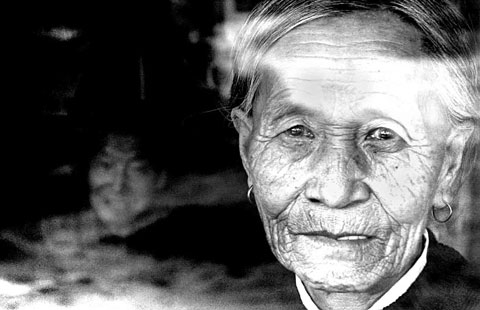Chinese economy needs reform, not stimulation
By Li Yang (chinadaily.com.cn) Updated: 2014-06-03 15:03The Chinese government should not yield to pressure calling for the loosening of its monetary policies. Reform and economic transformation are the rational choices for China. The short-term pain is worthwhile in exchange for sustainable growth in the long run, says an article in 21st Century Business Herald. Excerpts:
The UK bank Barclays predicted in a recent report that China would probably loosen its monetary policy in a few weeks, to include interest rate adjustments for some projects and lowering the reserve ratios for deposits and loans.
Such predictions demonstrate an appeal from foreign investment banks for China to loosen its monetary policy. We would rather call such analyses or predictions gestures that exert pressure on China’s decision makers.
The banks’ predictions were unanimously based on the 7.5-percent growth target settled by the Chinese government earlier this year. The larger the downward pressure the government feels, the louder the outside voices become.
Such foreign banks profit from China’s economic growth. Their appeal is in line with their own interests, but not necessarily what is best for the Chinese economy, in the long run.
The other camp of supporters for looser monetary policies is made up of local governments and real estate developers.
The cooling down of the housing market directly influences local government revenues, because of their overwhelming reliance on selling land to developers.
However, printing and issuing more money will put the Chinese economy in a more perilous position.
The central government’s stimulus package in 2008 aggravates the anticipation of these two camps for a similar action now, despite obviously mounting inflationary pressure.
That Premier Li Keqiang reiterated the importance of deepening reform, rather than an urgency to save the economy, indicates the central government will not provide a bailout to inject an instant shot to the economy.
If it were to do otherwise, people will doubt the resolve of the central government regarding reform. Public trust and confidence in the leaders’ determination to push the envelope of reform in knotty fields are the most valuable political capital for the current government.
The government has already realized it will pay more for investment-driven growth than its harvest from an unsustainable model.
If China does not want to pay the cost of economic transformation and industrial restructuring, it will have to continue to print and issue more money than it needs to sustain a self-deceiving growth. The costs of such a new stimulus will become higher and higher until the inflation bubble finally bursts.











